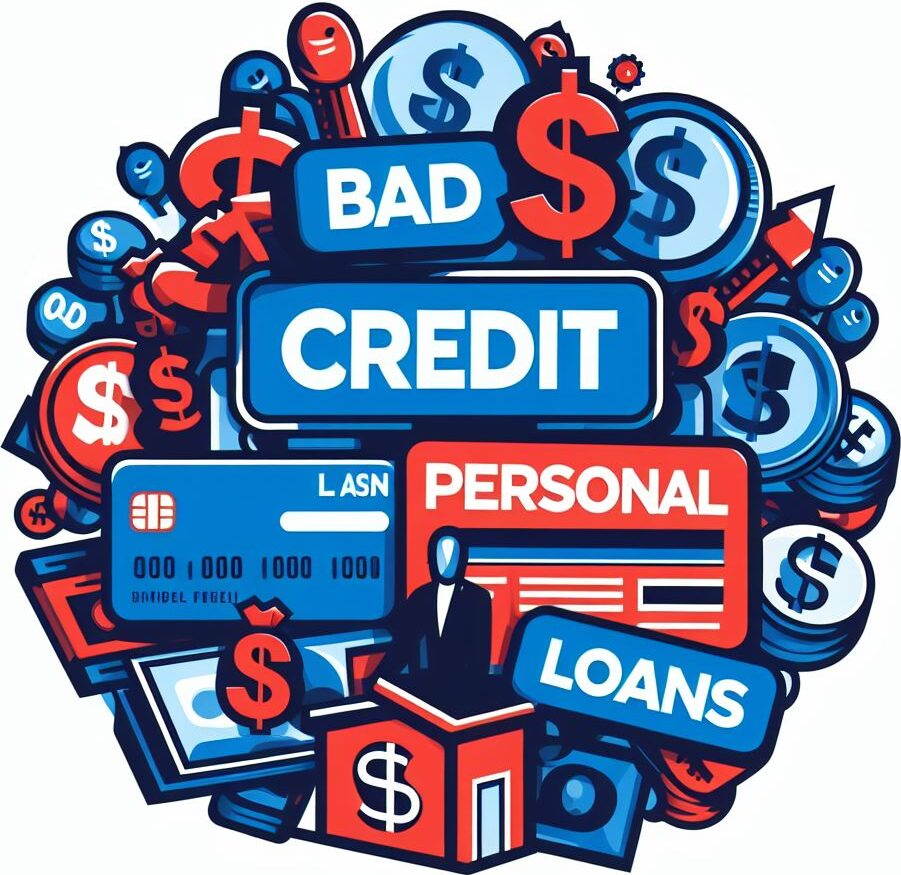I’m going to break down what a credit score is and why it matters to you. Think of your credit score as a financial report card that lenders look at to decide if they want to do business with you. It’s a three-digit number that ranges from 300 to 850, and the higher it is, the better.
This isn’t just about knowing a number; it’s about understanding the factors that shape it. We’re talking about things like your payment history, how much debt you have, and how long you’ve been managing credit. Each one plays its own role in the credit score equation.
Now, if your score’s on the lower side, you’re probably going to run into some roadblocks. A poor credit score can mean higher interest rates on loans, difficulty getting approved for housing, and sometimes, it can even affect job opportunities.

Credit scoring models can vary slightly, but the big names are FICO and VantageScore. They both use similar criteria, but there may be subtle differences in how they weigh your financial behavior.
Remember, understanding your credit score is the foundation for boosting it. And that’s going to include mastering your bill payments, which I’ll walk you through in the next section.
Strategic Bill Payments: Timing and Consistency
One of the most effective levers you can pull to give your credit score a boost is sharpening your bill payment strategy. Your payment history stands as a cornerstone, accounting for a hefty 35% of your credit score. That’s a big slice of the pie, and it emphasizes just how critical it is to pay your bills on time, every single time.
Missed or late payments can leave a mark on your credit report that lingers for up to seven years. But don’t let that discourage you. The path to recovery starts now, and the good news is that recent activity carries more weight. By committing to on-time payments from here on out, you’re laying down a foundation for steady improvement.
Still, life can get hectic, and it’s easy to lose track. I’m going to help you with that. Consider setting up reminders on your phone or calendar for upcoming due dates. Better yet, enroll in auto-pay services for your recurring bills, ensuring you’re never behind. Just be sure to routinely check your account balances to prevent overdrafts.
And what if you’re already dealing with missed payments? First, don’t panic. Reach out to your creditors to discuss your situation. Many are willing to work with you to establish payment plans, which can help you get back on track without further damaging your score. As you repair these issues, the positive effects on your credit health will begin to show.
Turning the page, next you’ll discover how slashing your debt ratios can further elevate your creditworthiness. It’s not always just about consistent payments—how much you owe is going to factor in significantly as well.
Credit Utilization: Keeping It Lean
I’m going to let you in on a little secret: Your credit utilization ratio is like the clique in high school – it’s cooler if it’s lower. This isn’t just about keeping your balances low, it’s also about managing your credit like a pro. Credit utilization accounts for a hefty chunk of your credit score calculation – usually about 30%. Sweat the small stuff here, and your credit score might just thank you later.
You’re going to find out about this golden rule – keep your credit utilization below 30%. That means if you have a credit card with a $10,000 limit, you don’t want your balance to exceed $3,000 at any given time. It’s one of the quickest ways to showcase to lenders that you’re responsible with credit.
But what if you’re close to the limit? Start by paying down your balances, and do it as swiftly as your budget allows. Don’t worry too much about it all at once; consistent reductions can also positively affect your score. I’m here to help you understand that chopping down your credit card debt is a surefire strategy to improve your score but remember, your first attempt doesn’t need to be your last. You can always adjust your approach down the road.
In my opinion, asking for higher credit limits can also work in your favor – if you’re careful. By increasing your credit limit but not your spending, you automatically lower your utilization rate. Choose something that resonates with you, whether that’s paying more than the minimum each month, seeking a higher limit, or spreading your charges across multiple cards to keep the balance on each card down.
Maintaining Your New Credit Score
You’re going to find out about the satisfaction of achieving a higher credit score, but remember, it’s not just a one-time effort. Consistency is the name of the game.
In my opinion, one of the best approaches is to use your credit responsibly. That means budgeting wisely and using credit cards for purchases that you can pay off in full.
Another key point is to monitor your credit report regularly for errors. If you spot anything suspicious, address it immediately to ensure your credit score isn’t being unfairly penalized.
Don’t worry too much about small fluctuations in your credit score; they’re normal. What you’re aiming for is a general upward trend over time.
If you want to keep building on your success, consider diversifying your credit. This could include a mix of credit cards, a car loan, or a mortgage, as long as they’re manageable.
Remember, you can always adjust your approach down the road. Your first attempt doesn’t need to be your last. Credit building is an ongoing process that rewards patience and attention to detail.
I really hope that you take these tips to heart and empower yourself with the financial stability that a good credit score fosters. Choose something that resonates with you and get started today; your future self will thank you.

Thanks for your article! I liked it because it’s very informative, while giving actionable steps to improve your credit score. Yes, I believe that you must pay your bills and your debt first to improve your credit score. In France, we have a saying which says that he who pays his debts become richer. And I also appreciated that you gave tips on how to maintain your new improved credit score!
Thank you for your kind words! I’m glad you found the article informative and the actionable steps helpful. Paying bills and debts is indeed crucial for improving your credit score. I love the French saying, “He who pays his debts becomes richer.” It’s a great reminder of the benefits of financial responsibility. I’m also pleased that you appreciated the tips on maintaining an improved credit score.
#CreditScore #FinancialResponsibility #DebtManagement #PersonalFinance #ImproveCreditScore #MaintainGoodCredit
Jeff